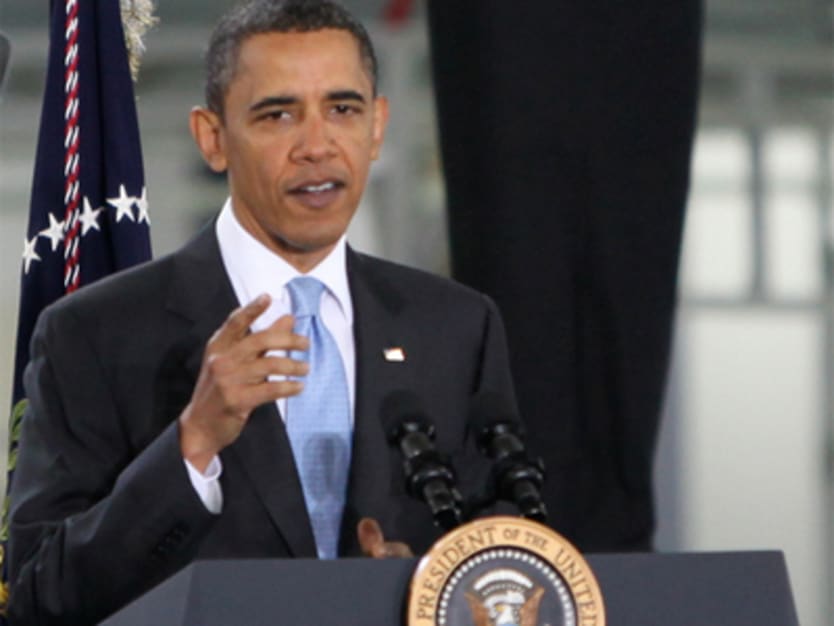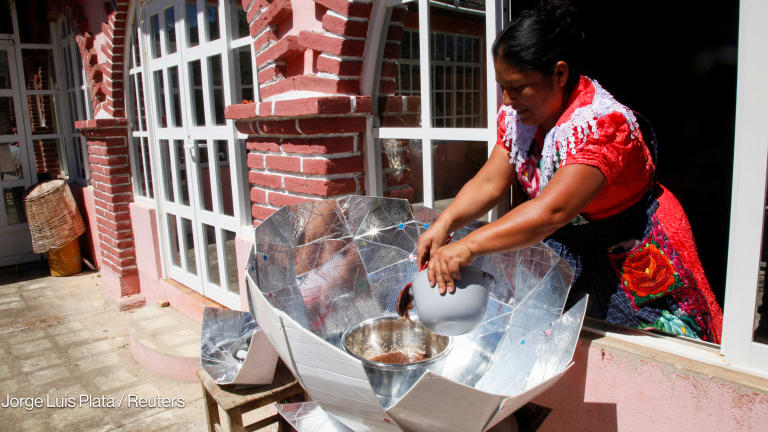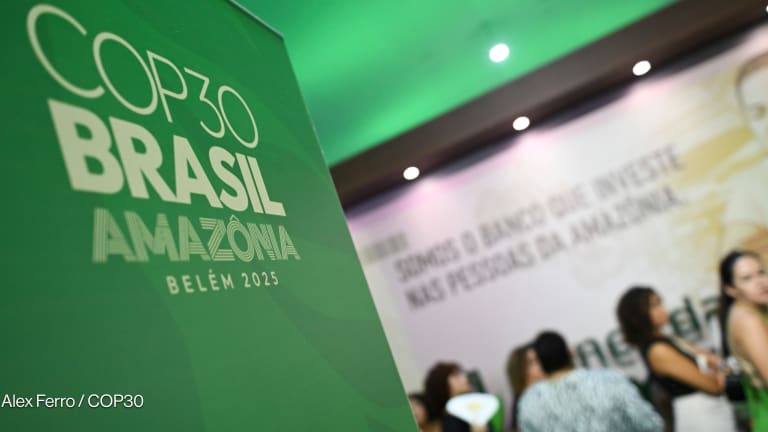
Short on specifics and new international initiatives: A much-hyped plan to tackle climate change, unveiled Tuesday by U.S. President Barack Obama, relies heavily on administrative action and less so on the dim hope of legislative reform by a bitterly divided Congress.
Obama unveiled the plan at Georgetown University in Washington, during a speech the White House described as his most significant climate change speech to date.
The president pledges to cut carbon pollution and prepare U.S. communities for the impacts of climate change, among several domestic initiatives. But central to Obama’s plan is also the forging of closer ties abroad, and especially with emerging economies and bilateral donors such as China, India and Brazil, according to a 21-page document circulated with the media.
The plan, although short on specifics and time tables, is meant to restart a debate on climate change mitigation and adaptation that has seen many stops and starts in recent years. Whether it will set in motion a flurry of activity on Capitol Hill and beyond remains to be seen.
Obama promises to:
Mobilize climate finance especially from the private sector.
Strengthen global resilience on climate change, by helping to improve community response capabilities, develop innovative financial risk management tools such as index insurance to help smallholder farmers and pastoralists manage risk associated with changing rainfall patterns and drought, distribute drought-resistant seeds and promote management practices that increase farmers’ ability to cope with climate impacts.
Stop financing coal plants overseas, phase out subsidies that discourage wasteful consumption of fossil fuels, expand the use of clean energy and cut energy waste through financing and regulatory support for projects that incorporate natural gas, nuclear power, clean coal and energy efficiency.
Combat short-live pollutants like methane through the Climate and Clean Air Coalition to Reduce Short-Lived Climate Pollution.
Cut emissions from deforestation and forest degradation through initiatives such as the Forest Investment Program and the Forest Carbon Partnership Facility or Tropical Forest Alliance 2020.
Enhance multilateral engagement with major economies by building on the 2009 Major Economies Forum on Energy and Climate and kickstarting this year an initiative to accelerate efficiency gains in the buildings sector.
Expand bilateral cooperation with major economies such as China, India and Brazil on issues such as phasing down the consumption and production of HFCs, a greenhouse gas.
Negotiate global free trade in environmental goods and services.
Obama also promises that the Unites States will take a more active role in climate change negotiations, particularly through the U.N. Framework Convention on Climate Change.
Alliage Morales contributed reporting.
Read more on U.S. aid reform online, and subscribe to The Development Newswire to receive top international development headlines from the world’s leading donors, news sources and opinion leaders — emailed to you FREE every business day.








